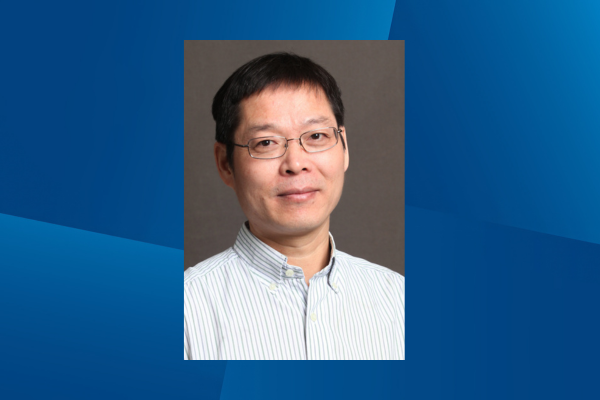
Shihuan Kuang, PhD, has joined the Duke Orthopaedic Surgery research division as an instructor of orthopaedic surgery. Dr. Kuang earned his PhD at the University of Alberta and completed his post-doc studies at Washington University in St Louis.
His research interests include skeletal muscles – the muscles attached to bones by tendons – form the basis of all animal mobility. One of our lab's primary interests is developing and regenerating the skeletal muscles. Specifically, his lab investigates the molecular signaling that regulates the stem cells responsible for forming muscles during development and repairing muscles after injury. In addition, we are interested in other cells that interact with these muscle stem cells to improve their function. For example, the muscle's fat cells (adipocytes) have two key roles. Firstly, from a biological perspective, adipocytes regulate muscle stem cell function and contribute to overall muscle health. Secondly, from an agricultural perspective, adipocytes are instrumental to the quality traits of skeletal muscle-derived meat. As a result of the applications of our research to both human health and the animal production industry, his research has been funded by the NIH, USDA, and industry sponsors.
Welcome, Dr. Kuang!
___________________
Q&A with Dr. Kuang
Q: What brings you joy?
A: Hiking or skiing with family and friends
Q: Why did you choose the field?
A: Scientific curiosity
Q: What excites you about this role at Duke?
A: I am excited to bring my muscle and adipose stem cell expertise to the musculoskeletal research and exercise physiology divisions in the orthopaedic surgery department.
Q: Where did you grow up?
A: I grew up in a mountain village in southern China. I completed most of my education, up to the master’s degree level, in China. I moved to Canada to complete a PhD in the Department of Biological Sciences at the University of Alberta and consider Edmonton my second hometown.
Q: Where do you see your specialty in the next five years?
A: Looking forward, I'd like to focus my next 5-10 years on investigating how cellular metabolism influences the function and pathogenesis of stem cells in the musculoskeletal system. We have some exciting ongoing work demonstrating how lipid droplets and mitochondria play a key role in skeletal muscle and adipose stem cells, including sarcoma stem cells.